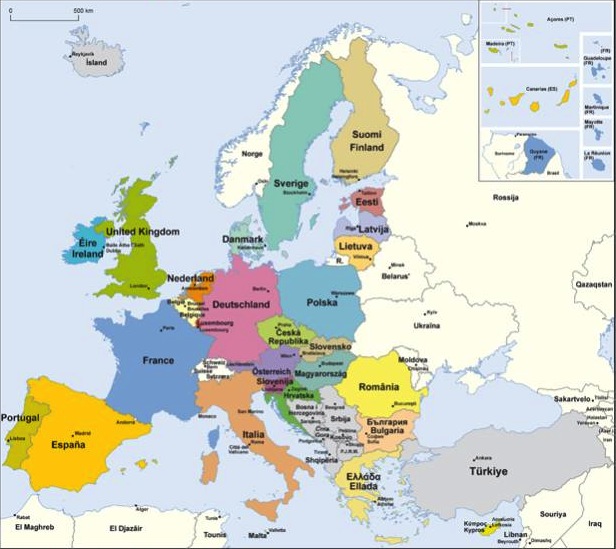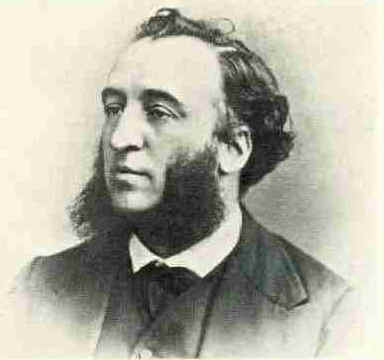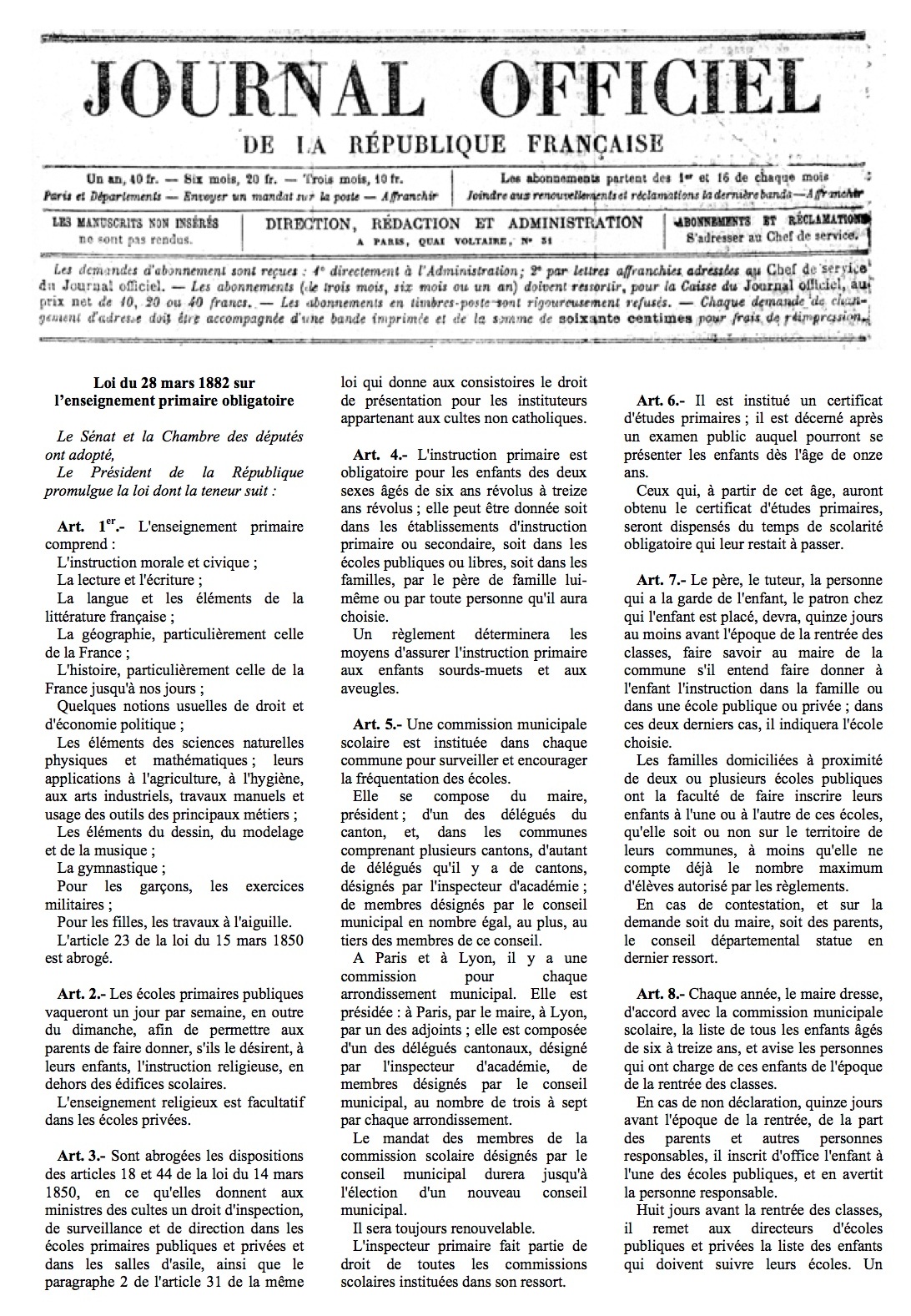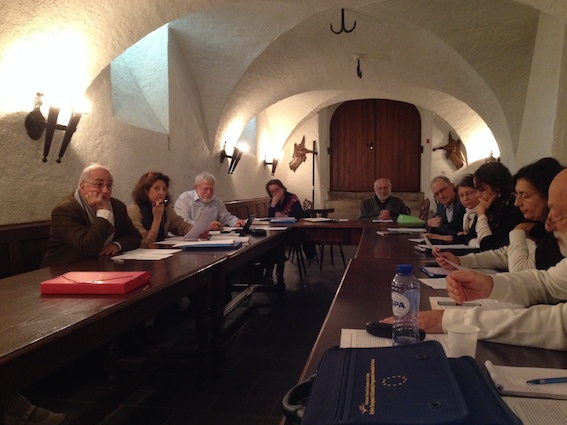Colloquy at the Château de Klingenthal, Alsace
(25-27 October 2013)
"Laïcité", or a French legal concept for a pluriconvictional Europe.


International Intercultural Interconvictional Group


France is a Republic - indivisible, laïque, democratic and social. It ensures that all citizens are equal before the law with no distinction related to their origins, race or religion. It respects all beliefs. Law of 1946
Article 1 « The Republic ensures that there is freedom of conscience. It guarantees the free practice of religions » (article 1). Article 2, « the Republic neither recognises nor pays salaries nor subsidises any religion ». The law of 1905


1. Everyone has the right to freedom of thought, conscience and religion; this right includes freedom to change his religion or belief and freedom, either alone or in community with othersand in public or private, to manifest his religion or belief, in worship, teaching, practice and observance.
" 2. Freedom to manifest one's religion or beliefs shall be subject only to such limitations as are prescribed by law and are necessary in a democratic society in the interests of public safety, forthe protection of public order, health or morals, or for the protection of the rights and freedoms of others.
European declaration of Human Rights : Article 9
Article 2
Public primary schools will leave one free day each week, as well as Sunday, to allow parents to arrange for the religious instruction of their children ouside school buildings.
Religious teaching is optional in private schools
Article 3
The provisions of articles 18 et 44 of the law of 15 March 1850 are rescinded with respect to the right of inspection by ministers of religion, of supervision in public and private primate schools and in places of refuge, , as well as paragraph 2 of article 31 of the same law which grants to consistories the right to choose teachers who belong to non Catholic deno- minations.
Jules Ferry : sa loi était une obligation d'instruction et non de scolarisation.
Laïcité as a neutral space in which citizens pratice their convictions
« Living toether as equals in dignity »
(White paper on intercultural dialogue)
The report on the colloquy mentios laïcité, which is seen as garantor of convictional plurality.

It is in respect of laïcité that the text is most innovative. It abo- lishes the teaching of religious morals in favour of "moral and civic instruction."




